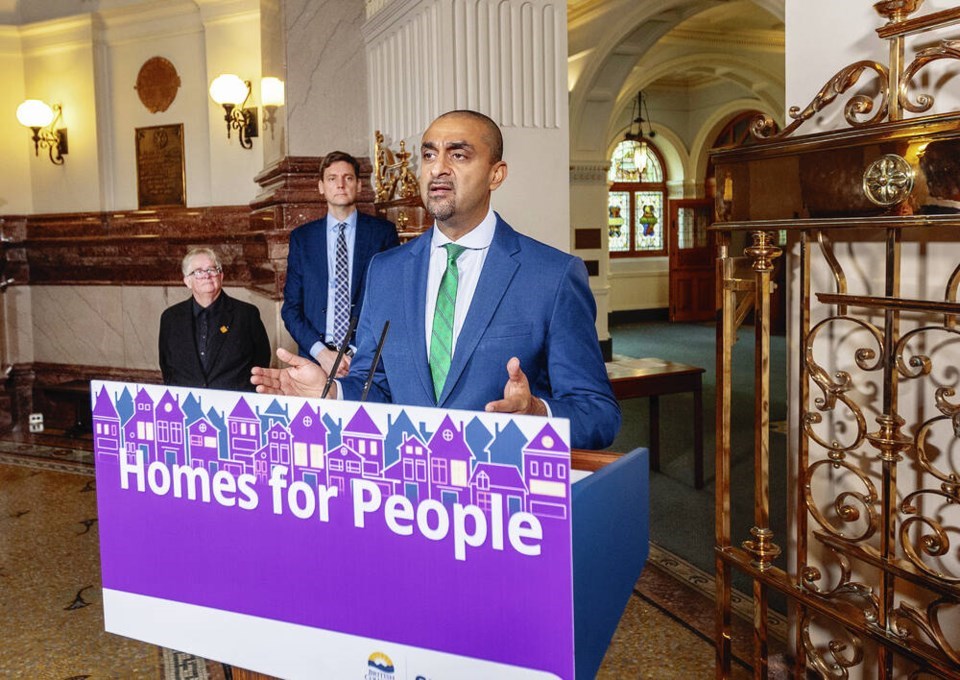Academic research the B.C. government relied on to impose restrictions on short-term rentals provides regional breakdowns that bring home the effects of STRs on Vancouver Island.
A McGill University group analyzed the rental-housing picture and named large-scale operators renting out multiple otherwise vacant units for short stays as the main offenders when it came to removing housing stock from the market.
The group approached the issue with a critical point of view and did two reports funded by the B.C. Hotel Association, which has an obvious stake in the matter.
While the number of dwellings in play is huge, a small number of operators are making most of the money in the steadily growing market.
The researchers found an average of 28,510 listings for short-term rentals a day in B.C., as of last June.
The top 10 per cent of hosts took in almost half the gross revenue. Multi-listings, which are listings operated by hosts who offer other units as well, accounted for more than half the total revenue in that month.
The research showed that short-term rentals brought in $134 million across B.C. in June, an average of $5,800 per listing.
The short-term rental market collapsed during the pandemic, but started growing again last year, jumped 17 per cent this year and is now at an all-time high.
The short-term market now “features significantly more active listings earning dramatically more money,” because rates are increasing sharply.
There were an average of 6,310 active listings on the Island in June that collected $30 million for hosts. The study found that large numbers of casual home sharers rented out part of their residences for short stays, but it’s the businesses renting out multiple units that dominate the market.
The report said there is a measurable correlation between the number of short-term rentals in an area and rent hikes, since tourists are competing with residents for accommodation.
The number of commercial short-term rentals, as opposed to casual home-sharers, increased dramatically on the Island in the last three years, to 3,680.
Assuming there is enough enforcement to ensure compliance, most will be shut down by the upcoming law that permits only principal residences (and one suite) to be listed as short-term rentals. It applies to the 17 biggest municipalities on the Island — those with populations of over 10,000.
The requirement can be rescinded if vacancy rates exceed three per cent. But the vacancy rate in Victoria, for example, has been well below that for over a decade.
The commercial operators are fair targets. But there are going to be more than a few casual home-sharers — some of whom were invited in by earlier local policies — caught in the net that the government is spreading to curb the practice.



